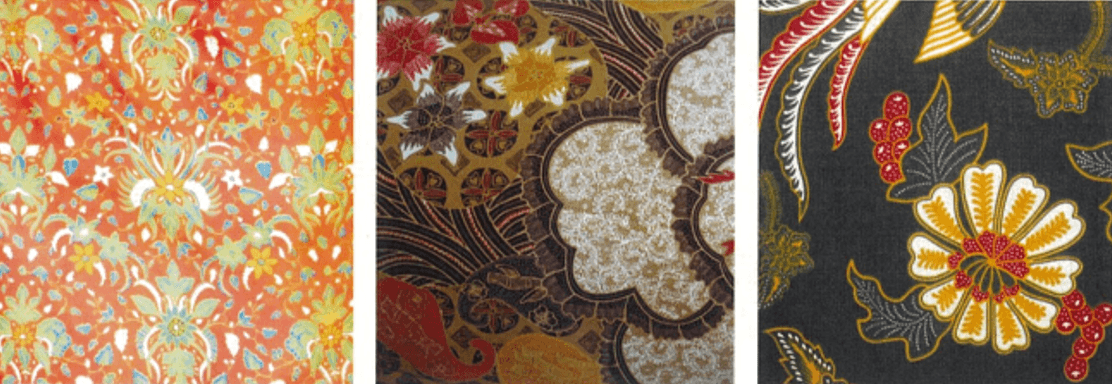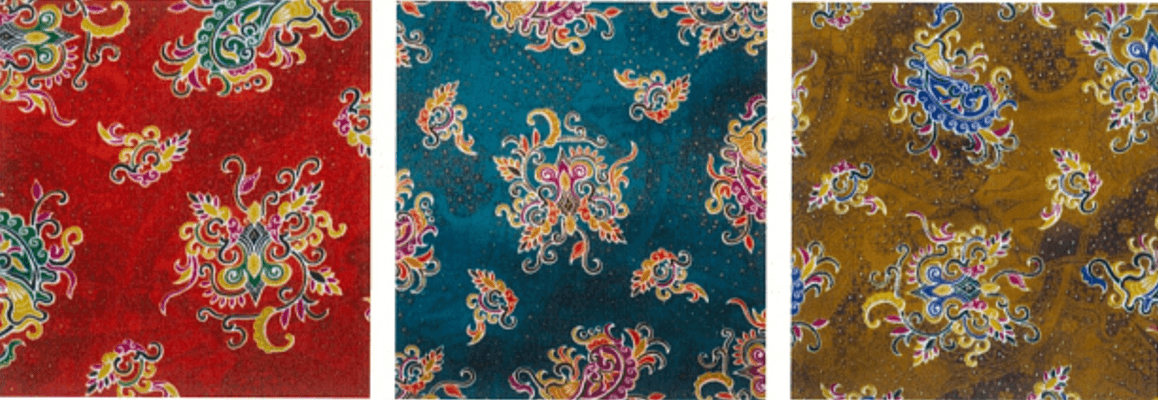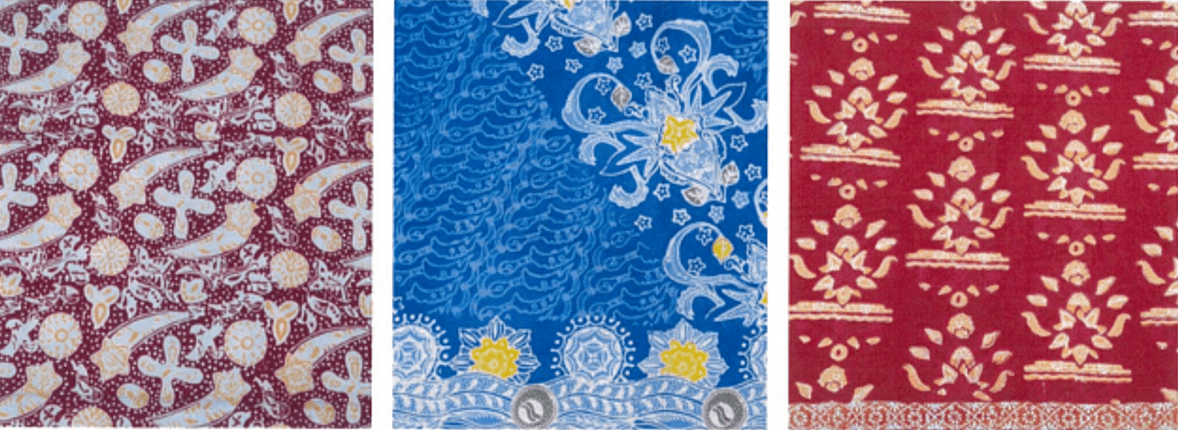As the highlight of the 75th anniversary of Indonesia and the Philippines' diplomatic relations draws near, the much-awaited fashion show of the year “Two Nations, One Fashion” will be staged at Whitespace Manila in Makati City on Nov. 22, 2024.
The show will feature a one-of-kind collection of beautiful and exceptional Indonesian wastra (fabric) from all over Indonesia such as batik from Java, tenun from Bali and Nusa Tenggara, ulos from North Sumatra, and songket from South Sumatra combined with Filipino craftsmanship like the embroidery from Lumban, abaca footwear from Liliw, and pieces of silver jewelry from Bulacan.
The unique creations and talents of the two nations will bring a transcendental experience of two cultures that connect in one unified fashion. Their works not only introduce Indonesian wastra to the Philippines but also show its flexibility and adaptability in the hands of a renowned Filipino fashion designer.
In Indonesia, wastra means traditional fabric. It is an umbrella term for all types of traditional fabrics from all over Indonesia, that includes the famous batik and the traditional woven fabrics. Wastra’s colors and patterns convey cultural symbols and history and can be used in different ways. Its cultural background varies, thereby each wastra has a distinctive meaning and philosophies behind its design. With this in mind, looking at one becomes more interesting as it is not only a visual experience but also culturally educational.

Batik is one of the popular Indonesian wastra that was recognized by UNESCO as a Humanitarian Heritage of Oral and Intangible Culture on Oct. 2, 2009. Since then, Indonesia designated October 2 as Batik Day. Traditional batik could either be hand-drawn or with the use of batik stamp which involves layering of wax called malam. The use of traditional natural dye to achieve a specified color is the process that makes it delicate and complicated. Although it originally came from Central Java, batik has been developed nationwide and various regions in Indonesia now have the batik patterns that they can call their own.

Aside from batik, Indonesian wastra also includes various types of traditional woven fabric. Tenun is a customary technique for hand-weaving colorful threads widely used across Indonesia. Tenun ikat is a traditional woven fabric in which the threads are tied before coloring, producing a certain pattern. Nusa Tenggara is popularly known for their Tenun ikat. Bali also has Tenun endek, made through a similar process as tenun ikat but usually comes with brighter colors.
Songket is a decorative weaving technique famous for its insertion of gold and silver threads intricately woven to create a one-of-a-kind masterpiece emanating grace and elegance. Songket is usually found on the island of Sumatra, especially in Palembang and Minangkabau.

Indonesian wastra which is influenced by traditions and beliefs holds a significant role in the lives of the Indonesian people. For instance, the pattern of tenun endek is influenced by Bali’s rich Hindu culture while the pattern of tenun ikat is usually influenced by nature and local beliefs. Songket, on the other hand, is often used in cultural ceremonies and is a symbol of the social status of the person using it.
The government of Indonesia values the importance of Indonesian wastra. Thus, the government supports the effort to preserve wastra as an Indonesian cultural heritage and the various efforts and events to promote wastra to the world.